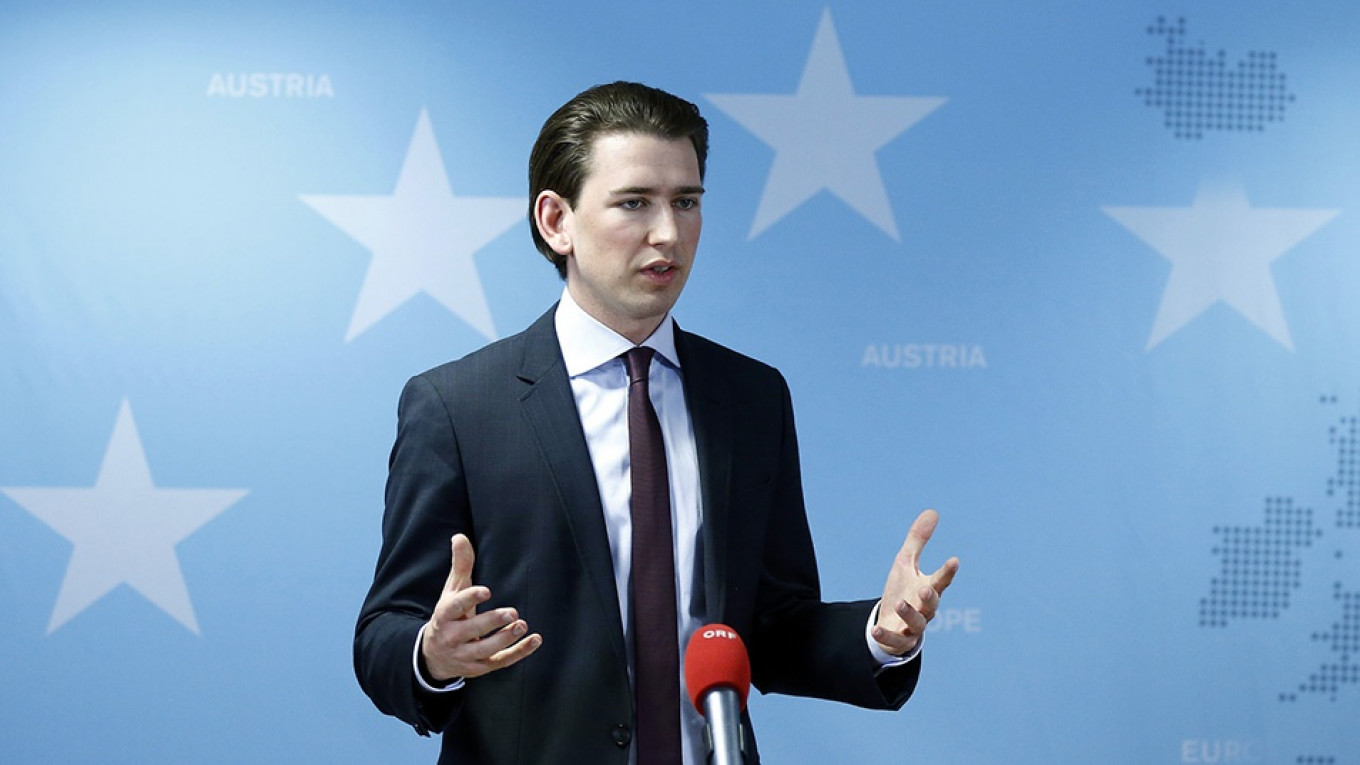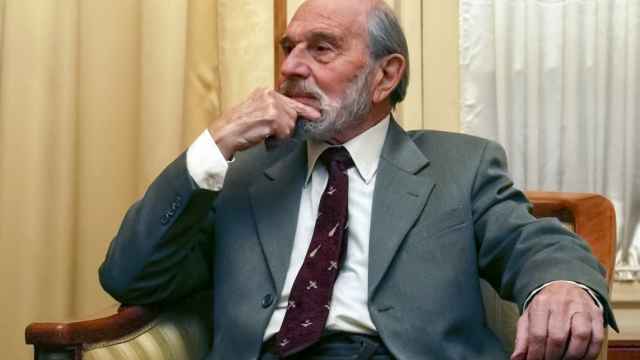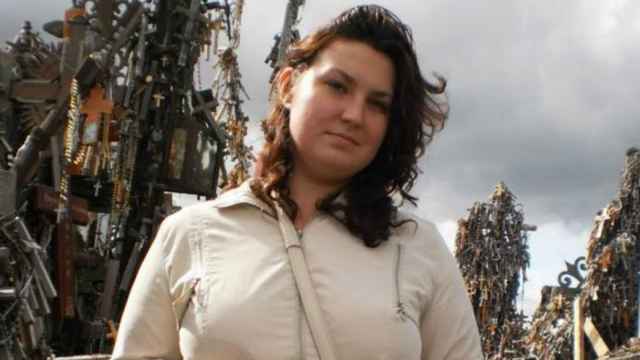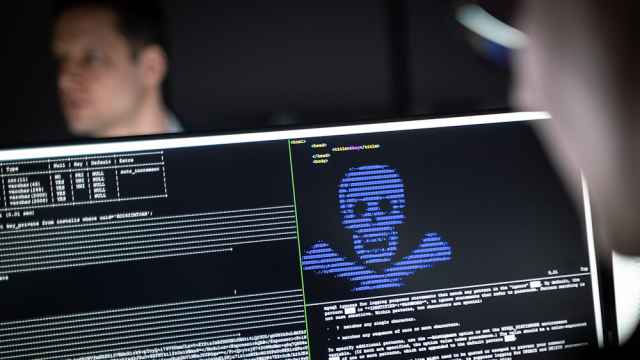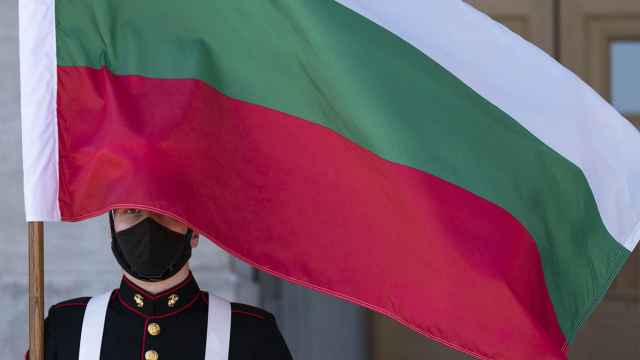A senior Austrian military officer is believed to have spied for Moscow for decades, Vienna said on Friday, adding to a list of recent Russian espionage cases and souring relations with arguably the country's closest ally in the EU.
Austria was in the minority of EU countries that did not expel any Russian diplomats over the poisoning of former spy Sergei Skripal and his daughter in Britain, which London has blamed on Moscow. Russia denies any involvement.
Conservative Chancellor Sebastian Kurz, who governs in coalition with the far-right and pro-Moscow Freedom Party, has said that decision was in line with Austria's neutrality and a tradition of maintaining good relations with countries on both sides of the former Iron Curtain.
Vienna is a major diplomatic centre hosting many foreign officials.
But Kurz hardened his tone on Friday, announcing that a recently retired colonel was believed to have spied for Moscow from the 1990s until this year.
"If the suspicion is confirmed, such cases... do not improve relations between Russia and the European Union," he told reporters, without naming the suspect. The case has been referred to prosecutors and the former colonel has been questioned.
Foreign Minister Karin Kneissl, who danced with Russian President Vladimir Putin at her wedding in August, has canceled a planned trip to Moscow over the case. She has also summoned the Russian charge d'affaires since the ambassador is outside the country.
"For the moment we are demanding transparent information from the Russian side," Kurz said.
'Unpleasantly surprised'
In Moscow, Russian Foreign Minister Sergei Lavrov said he was "unpleasantly surprised" by Vienna's allegations and Moscow knew nothing about the retired officer, news agencies RIA and Interfax reported.
Russia had in turn summoned the Austrian ambassador, agencies said.
Kurz repeatedly referred to a recent case in the Netherlands in which the government said Russian agents tried to hack into the Organization for the Prohibition of Chemical Weapons while it was investigating the Skripal case.
Western countries last month issued coordinated denunciations of Russia for running what they described as a global hacking campaign.
"Based on the information we have but also because of recent events for example in the Netherlands we can very much assume at the moment that our suspicion will be confirmed," said Kurz, who has met Putin in Austria twice since the Skripal poisoning.
It is not yet clear whether the case is an isolated one, Defence Minister Mario Kunasek said, speaking alongside Kurz.
Austria was tipped off about the case weeks ago by an ally's intelligence service, and issues of interest to the officer or his alleged handlers included weapons systems and migration into Europe, Kunasek added.
A Message from The Moscow Times:
Dear readers,
We are facing unprecedented challenges. Russia's Prosecutor General's Office has designated The Moscow Times as an "undesirable" organization, criminalizing our work and putting our staff at risk of prosecution. This follows our earlier unjust labeling as a "foreign agent."
These actions are direct attempts to silence independent journalism in Russia. The authorities claim our work "discredits the decisions of the Russian leadership." We see things differently: we strive to provide accurate, unbiased reporting on Russia.
We, the journalists of The Moscow Times, refuse to be silenced. But to continue our work, we need your help.
Your support, no matter how small, makes a world of difference. If you can, please support us monthly starting from just $2. It's quick to set up, and every contribution makes a significant impact.
By supporting The Moscow Times, you're defending open, independent journalism in the face of repression. Thank you for standing with us.
Remind me later.


